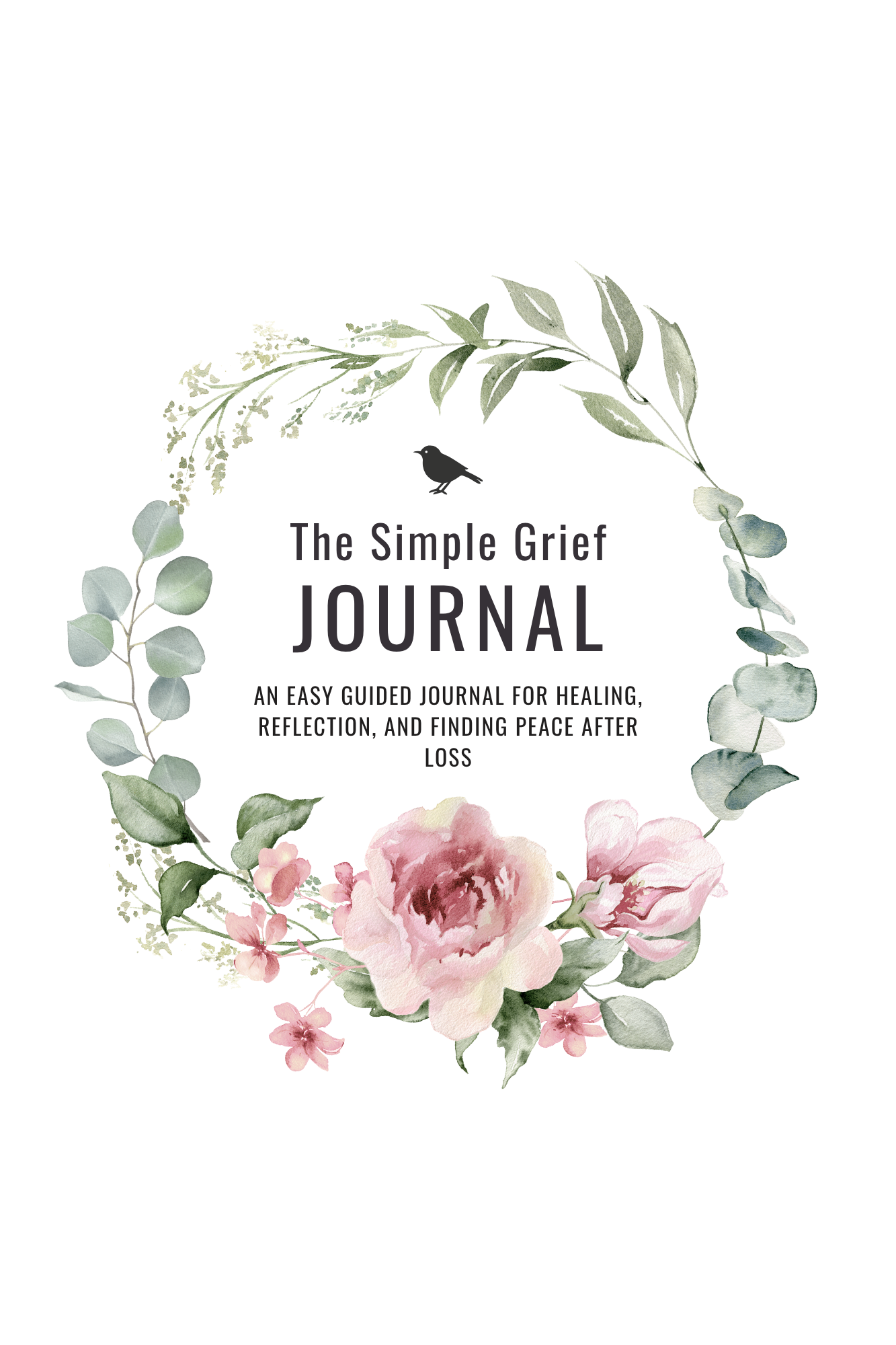- Home
- What to say
- what to write
Bereavement Cards
what to write when words feel difficult

Bereavement cards what to write when words feel difficult. I want to offer some simple but thoughtful message ideas and comforting ways to express sympathy.
You don't need to be a writer but it would be nice to offer something other than "deepest sympathy from Mary and Bob" don't you think? So, you are sitting with your pen and your bereavement cards
What to write?
When someone loses a loved one, your card becomes a tangible gesture of empathy, and people will look back on them, perhaps years later and your words will still be there, so why not make them good ones.
Always write with gentle sincerity.
And by that I mean, if you didn't like the person, find something general to say, but if you knew them well, really tell the bereaved soul how you felt, if you can because it will mean a lot to them.
But please, if you only offer what you can carry through on, don't say words like anytime, day or night and so on unless you mean it and willing to go along with it if asked
Aim to:
Acknowledge the loss directly
“I’m heartbroken to hear about [Name]. Their spirit touched everyone who knew them.”
“My heart goes out to you in your sorrow. Losing [Name] is truly devastating.”
Share a personal memory, always my favourite expression to someone
“I’ll never forget [Name]'s their happy laugh at last summer’s barbecue, always so full of life.”
“They always made me feel welcome with that warm hug every time I saw them.”
Express your feelings if appropriate
“I’m deeply sorry and here for you, no matter what you need.”
“May love surround you now, and memories sustain you.”
Offer tangible support if you feel you can
“If you'd like company or a meal, I’m at the door at any time.”
“Let’s me help you through this, you can call me day or night.”
End with a comforting closure
“Wishing you peace, comfort, and moments of happy reflection.”
“With deepest sympathy and all my love.”
Bereavement cards what to write with heart
Tips for writing with heart
- Speak from the heart: Use your own voice and be real, not flowery or sickly
- Tune in with your tone: formal for acquaintances; warm and casual for close friends or family.
- Use names: It shows you remember and care, it really means a lot
- Balance honesty and hope: Acknowledge pain, but offer gentle support for the future
- Be specific: “I remember…” is more comforting than “I’ll pray for you.”
- Keep it manageable: long text cards are fine, but sincerity matters more than length.
- Follow up actually matters: A simple “let’s talk soon” speaks volumes in a further card to someone you know relatively well, if they have been quiet for a bit. People don't mind if you follow up and if they do, they will subtly let you know.
Turn your words into comfort
Words can’t fix grief but they can soften its weight, if offered with care, honesty, and simplicity.
The aim is not to be poetic unless poetry feels natural to you, their purpose is to meet someone where they are and help them feel seen, remembered, and not alone.
A few gentle ways to offer comfort
Speak from a place of stillness, not pressure.
You don’t have to say something “perfect.”
Sometimes, the simplest words are the kindest.
- “I don’t know what to say, but I’m so sorry you’re going through this.”
- “There are no words that feel enough… but I hope this brings even a little warmth.”
- “I'm thinking of you in your loss, and I’m here for whatever you need.”
Use their loved one’s name. It’s a powerful act of remembrance.
- “I miss Jack’s cheeky grin.”
- “I only met Sue a few times, but I still remember the way she made everyone laugh.”
Offer presence, not platitudes.
Avoid phrases like “They’re in a better place” or “At least they lived a long life.”
Even if well meant, it is not appropriate...
People know what age they were or how sick they were or " that it is a blessing" privately, but they don't need to hear it from someone else and be reminded
Instead:
- “This must be so hard. I’m here for as long as you need me"
- “I’ll always remember them with you.”
Add a sensory or tangible layer
People appreciate tiny gestures alongside words, you know, something they can hold, smell, or revisit.
Consider including:
- A pressed flower
- A printed photo or snapshot
- A bookmark with a meaningful quote
- A small candle
- A short poem you have handwritten
Try a one line blessing or wish, you can google quotes for this
If you’re unsure what to say beyond “I’m sorry,” a closing phrase like these can offer something nice to end with
- “Wishing you gentler days ahead.”
- “May peace visit you softly and stay a while.”
- “Holding you and their memory in the light.”
Top tip
for your bereavement card what to write conundrum.
How about this:
You know, it might be a good idea to find the appropriate cards either online or in a shop and take a picture of the sentiment inside and then you can use it in your card, it helps you come up with something quickly and not be too complicated.
It means you can come across as thoughtful and caring and a bit more original even if you are in a bit of a hurry.
Context for your bereavement cards
what to write for context in different situations.
What do I mean?
Grief is deeply personal , but the way we write changes depending on who we’re addressing and their relationship to the person lost.
Here are a few suggestions for different context scenarios:
Bereavement of a spouse or partner
This loss can feel like the ground has given way. It’s not just about a person, it’s about identity, shared routines, a way of life.
Your words should be tender and validating, with an openness to their memory and space for their pain.
Some suggestions about what to write:
- “I can’t begin to imagine the depth of your grief. You and [Name] had something truly beautiful, and I’ll always remember the way you looked at each other.”
- “There’s no right way to grieve this kind of love. Just know you don’t have to do it alone.”
- “Your love for [Name] was luminous. I hope their memory keeps wrapping itself around you like a favourite blanket.”
The loss of a child
This is one of the deepest and most sensitive losses imaginable and it knocks everyone for six about what to do, even if you know the family.
Gentle words, subtle presence, and deep empathy are key.
Avoid clichés like “heaven needed another angel.” - to be honest I would be really annoyed if I was a grieving parent and received that.
What to write:
- “There are no words, only heartbreak. I’m so sorry you have to bear this.”
- “I remember [Child’s Name]’s spark so full of light and joy
- “Please know you don’t have to be ‘strong’ for anyone. Grief is love turned inside out, and I’m here with open arms.”
You might consider gifting a small keepsake such as an appropriate handwritten poem, a white remembrance candle, or memory box.
Grief within a family such as (Parent, Sibling, Grandparent)
Family losses hit across generations.
It’s comforting to honour the person who died while affirming the grieving person’s experience.
What to write:
- “I know how much you looked up to your dad , he passed that kindness right to you.”
- “Your sister was such a light in the room. I hope you can still feel her close in quiet moments.”
- “I’m holding your whole family in my heart. [Name] leaves a space that can’t be filled but what a family legacy to have left behind”
Writing to a child or teenager
Keep things simple, sincere, and age appropriate and perhaps speak with a family member first, if possible to see that it is ok to contact the child or teenager.
You might include something tangible like a small drawing, a memory, or something sensory (like a sticker or pin).
Some ideas about what to write:
- “I’m so sorry someone you loved so much has died. That’s really hard. I’m thinking about you every day.”
- “Even grown-ups don’t always know what to say when someone dies. But I want you to know you’re not alone.”
- “Your grandad loved you so much. I hope you always remember the way he laughed when you told your silly jokes.”
Loss of a colleague or acquaintance
In workplace or community settings, brevity with grace is best.
Offer warmth without assuming deep familiarity.
Perhaps something along the lines of:
- “I was very sorry to hear about your loss. Wishing you and your family comfort during this difficult time.”
- “Though I didn’t know [Name] well, I know how deeply they were loved. My sincere condolences.”
- “Thinking of you and sending strength as you take time to grieve and remember.”
Your boss might be able to guide you as they will have known your colleague in ways perhaps you don't so they could be a good source to turn to.
Writing after a long illness or anticipated death
Sometimes grief is tangled with relief, exhaustion, and the long weight of caregiving.
Acknowledge all the layers.
Perhaps as a place to start to write:
- “I know how long and hard this road has been. You walked it with such love and courage.”
- “Even when a goodbye is expected, it still breaks your heart. I’m so sorry.”
- “May you find comfort in the care you gave to (name). Your love mattered, every day.”
Sudden or traumatic loss
Shock can isolate people. Help them feel cared for, even if words fail them, but you can help them feel they are not alone with your words in your bereavement cards
What to write, very simply you could start here
- “There are no words for such a loss. I’m here for you, in grief, in anger, in silence.”
- “I wish I could take the pain from you. I’ll walk beside you for as long as you need.”
- “I can’t begin to understand, but I’m not going anywhere. I’m here for whatever you feel.”
Some final thoughts about bereavement cards
What to write dilemma
When writing your cards for this sad time, your greatest gift is your presence through memory sharing, handwritten sincerity, and mindful support.
Use simple, meaningful lines (yours or poetic quotes) to create some connection.
Write what you mean and mean what you write, you really can't go wrong if you just do that.
Grieving people require gentleness, understanding, softness and caring and sometimes uplifting, so if you can offer that, then that would be wonderful.
True sincerity cannot be faked if you write from your heart


